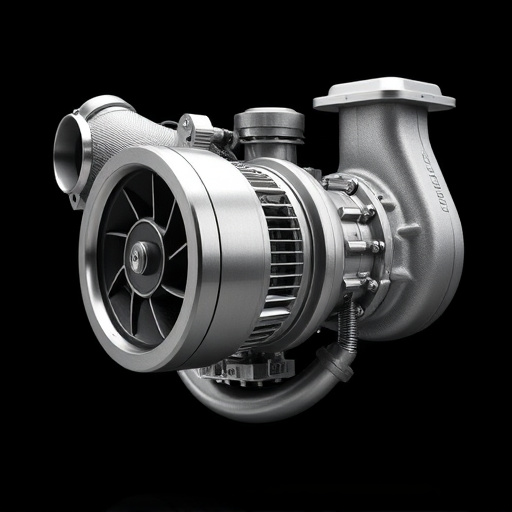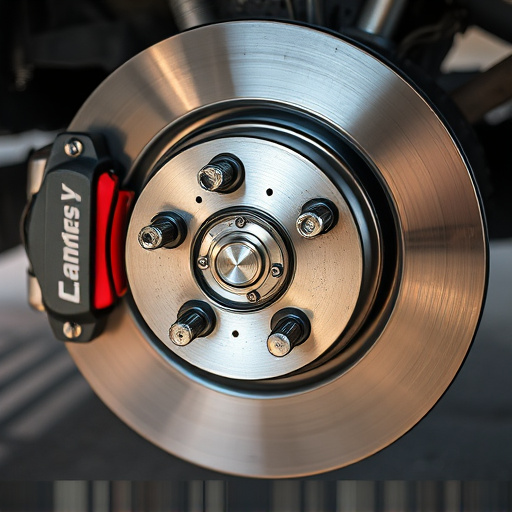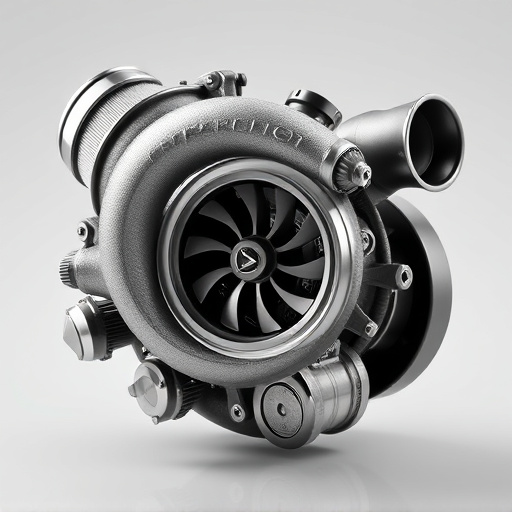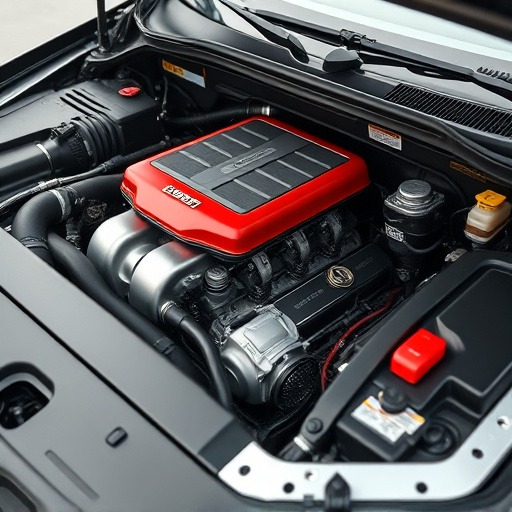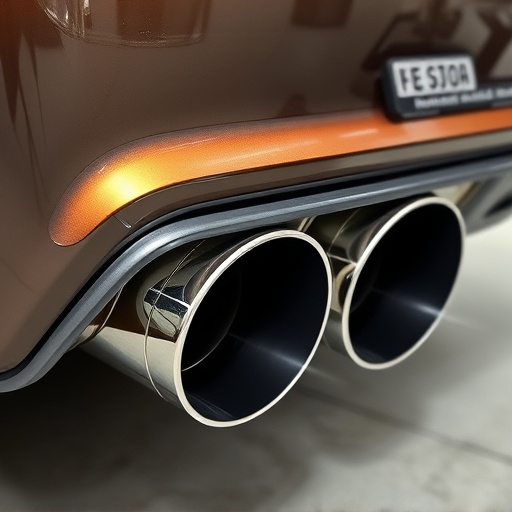Dyno tuning is a powerful automotive technique that enhances vehicle performance by calibrating the air-fuel mixture using dynamometers (dynos). It optimizes settings like fuel injection and ignition timing, leading to improved acceleration, top speed, and overall driving experience. This data-driven approach is especially beneficial for fine-tuning exhaust systems and suspension kits, unlocking a vehicle's full potential while maintaining efficient operation.
Dyno tuning is a powerful tool for maximizing engine performance. This article delves into the science behind dyno tuning and its primary purpose: optimizing the air-fuel ratio. By carefully adjusting this critical balance, tuners can extract the highest output from an engine. We explore how this process enhances fuel efficiency and overall performance, making it essential knowledge for automotive enthusiasts and mechanics alike. Discover the benefits of a well-tuned air-fuel mixture and its profound impact on engine health and power delivery.
- Understanding Dyno Tuning and its Purpose
- How Dyno Tuning Improves Air-Fuel Ratio for Optimal Output
- Benefits of Optimized Air-Fuel Ratio in Engine Performance
Understanding Dyno Tuning and its Purpose
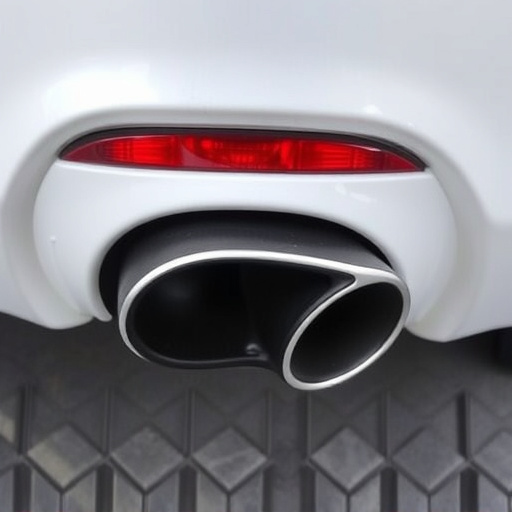
Dyno tuning is a process that plays a pivotal role in optimizing vehicle performance by precisely adjusting the air-fuel mixture. This advanced technique involves using specialized equipment, known as dynamometers (dynos), to measure and analyze various parameters of an engine’s performance. The primary purpose of dyno tuning is to achieve the ideal air-fuel ratio, ensuring maximum power output while maintaining optimal efficiency.
Through dyno tuning, mechanics can fine-tune settings such as fuel injection, ignition timing, and even the configuration of modification components like cold air intakes or cat-back exhaust systems. By carefully monitoring engine response during testing, tuners can make data-driven adjustments to unlock the full potential of a vehicle’s powertrain, resulting in enhanced acceleration, top speed, and overall driving pleasure.
How Dyno Tuning Improves Air-Fuel Ratio for Optimal Output
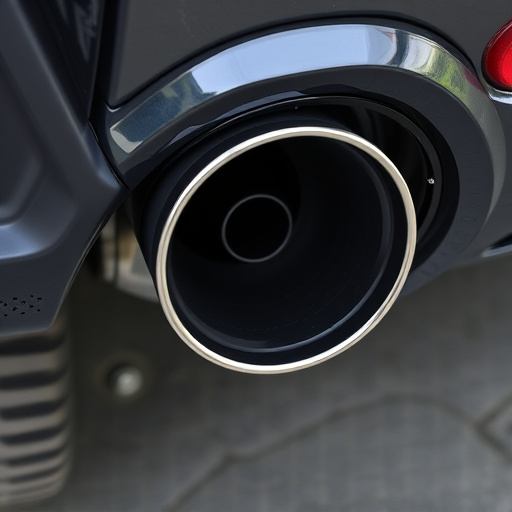
Dyno tuning is a powerful tool that significantly enhances vehicle performance by optimizing the air-fuel ratio. During dyno tuning sessions, advanced equipment measures and adjusts various parameters within an engine to achieve the perfect balance between oxygen and fuel. This precise control ensures the engine runs efficiently, maximizing power output while minimizing waste.
By employing dyno tuning, enthusiasts can fine-tune their vehicles’ performance exhaust systems and even suspension kits for enhanced responsiveness and speed. The process involves data analysis and adjustments to spark timing, injection timing, and fuel pressure, ultimately leading to improved throttle response and top-end power. This meticulous approach is a game-changer for those seeking to unlock the full potential of their machines.
Benefits of Optimized Air-Fuel Ratio in Engine Performance
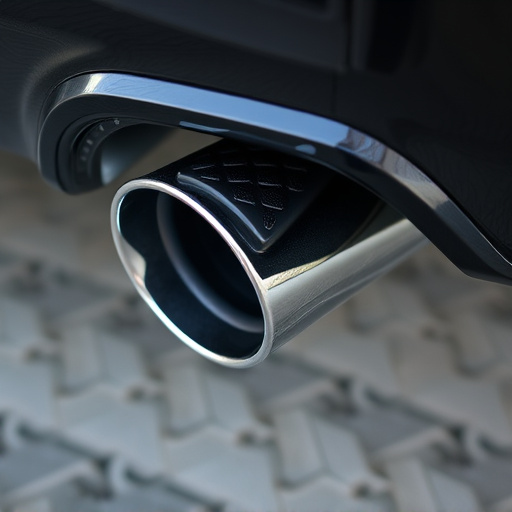
Optimizing the air-fuel ratio through dyno tuning offers significant advantages for engine performance. This precise adjustment ensures that the engine receives the ideal mix of air and fuel, leading to increased efficiency. When an engine runs with a well-tuned air-fuel ratio, it can produce more power and torque, resulting in improved acceleration and overall vehicle performance.
Moreover, this fine-tuning has benefits beyond raw power. It enhances fuel economy by ensuring the engine burns fuel more efficiently, reducing waste gases. This is particularly notable when combined with high-performance suspension kits and advanced suspension components, which provide better control and handling. Additionally, with optimized air-fuel ratios, performance brakes can work more effectively, as the engine is able to respond quicker and more precisely, leading to better braking performance.
Dyno tuning is a game-changer when it comes to optimizing engine performance. By carefully adjusting the air-fuel ratio, this process ensures that engines run at their most efficient, delivering the best output. The benefits are clear; an optimized air-fuel mixture leads to improved fuel economy, reduced emissions, and enhanced overall engine longevity. So, whether you’re a professional mechanic or an enthusiast, understanding dyno tuning and its applications is key to unlocking the true potential of any vehicle’s power train.









